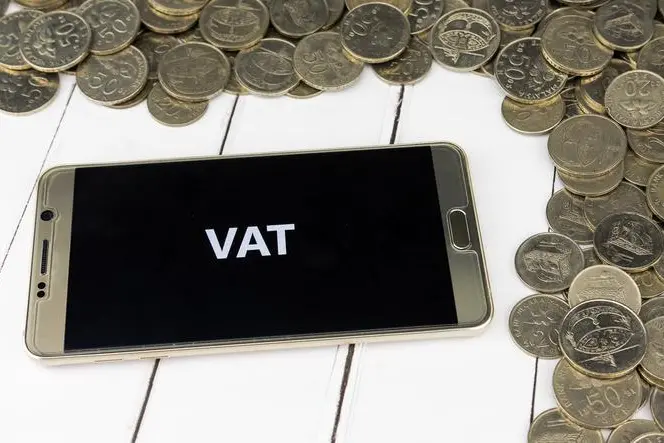PHOTO
MANAMA - Bahrain’s plans to raise the VAT rate to 10%from January 2022 could raise an additional 1.5pc-2% of GDP in revenue, says Fitch Ratings.
According to the US-based rating agency, if the consumption tax is raised to 10% and oil averages $60/barrel (bbl), Bahrain is estimated to generate a small primary surplus in 2023, putting debt/GDP ratio on a “mild downward path”.
Reacting to the reboot of Bahrain’s Fiscal Balance Programme (FBP), including a planned rise in the VAT rate, Fitch said it could improve the trajectory of the country’s public finances.
The FBP was launched at end-2018, targeting a balanced budget in 2022 – a target which the agency now sees being achieved later.
Assuming an average oil price of $60/bbl, the initial programme projected government debt/GDP without the FBP would rise to 106% of GDP, but would decline to 82% in 2022 with the reforms.
The original FBP paved the way for a commitment from Gulf partners – Saudi Arabia, Kuwait and the UAE – to provide $10 billion in support loans over 2019-2023.
Initial steps at the start of 2019 included the introduction of VAT and a voluntary retirement scheme.
However, the COVID-19 pandemic blew the FBP off course, disrupting activity and pushing down oil prices.
Fitch expects general government debt/GDP to stand at around 125% of GDP in 2021 (including borrowing from the central bank worth around 14% of GDP that the government does not include in its own debt number).
Bahrain’s 2021-2022 budget included reforms such as reducing electricity and water subsidies and trimming operating expenses like administration and procurement costs.
Spending in the first half of 2021 (H1-2021) has been restrained, falling by 4% year-on-year (YoY).
The rebound in oil prices has meanwhile helped to lift budget revenue by 23% YoY in H1-2021. However, Fitch is forecasting deficits to remain around 8% of GDP over the next few years, assuming oil prices fall back in 2022-2023 (to $54/bbl on average, from its forecast average of $63/bbl in 2021) and that the government implements some planned reforms.
The agency believes a VAT increase would help to ensure ongoing support from the current financial package, while a broader reboot of the FBP would facilitate further GCC support beyond 2020.
© Copyright 2020 www.gdnonline.com
Copyright 2021 Al Hilal Publishing and Marketing Group Provided by SyndiGate Media Inc. (Syndigate.info).





















